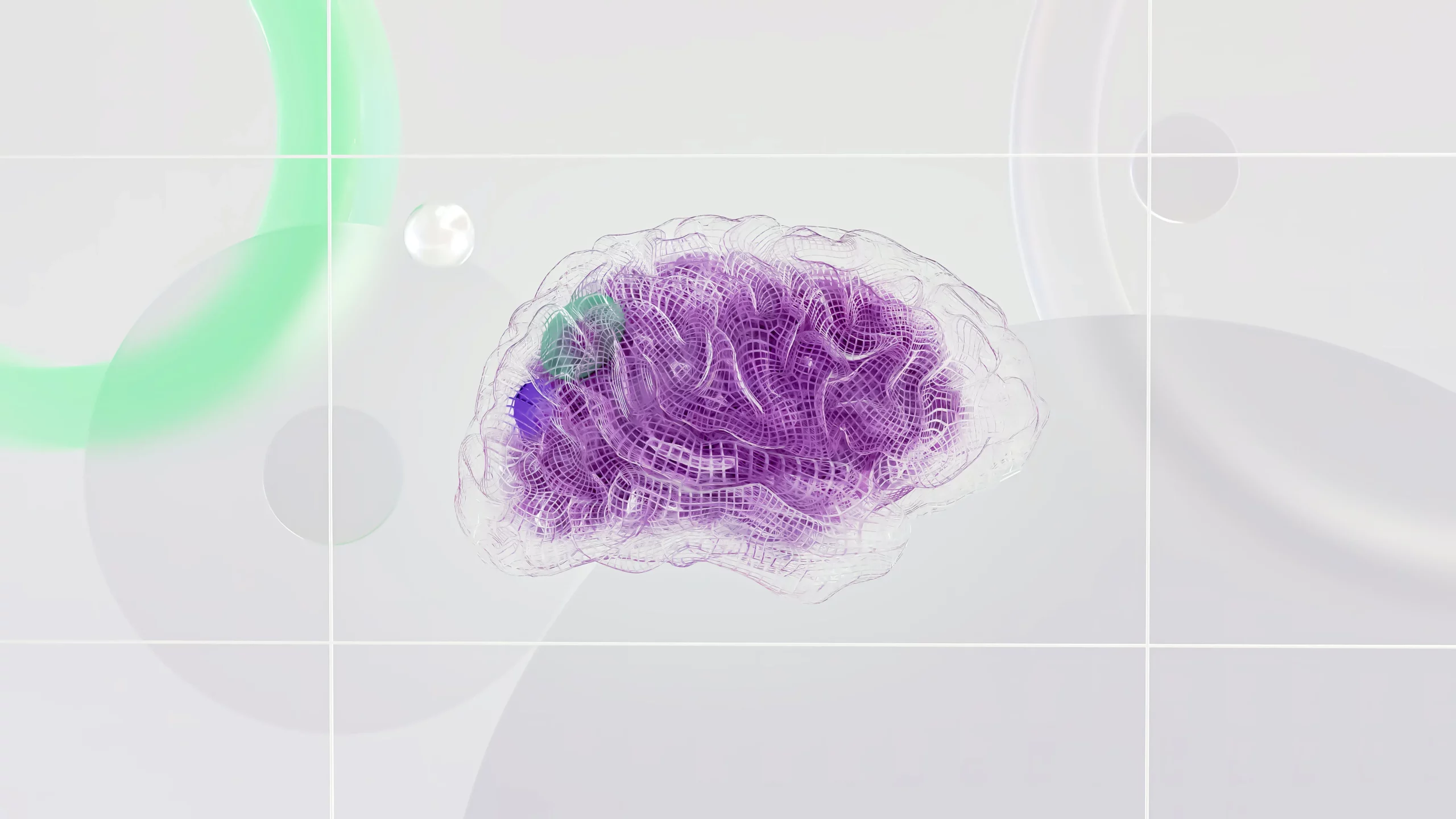Leveraging Neuroplasticity in Depression Treatment

The Basics
Understanding Neuroplasticity
Neuroplasticity is the brain’s remarkable ability to reorganize itself by forming new neural connections. Online therapy can leverage the powerful benefits of neuroplasticity in online therapy for depression. It’s important to remember that the brain is not a static organ; it’s dynamic and evolving. This evidenced may be a silver lining for anyone struggling with depression and many other mental health challenges.
The Role of Neuroplasticity in Depression Treatment
The concept of neuroplasticity is a game-changer in the treatment of depression. It means that the brain’s structure and function can be changed with experiences, including therapeutic experiences. This opens up new avenues for treating depression more effectively, especially through online therapy platforms. For more information on the services offered, visit Mind by Design’s Therapy Services.
Therapeutic Approaches
Mindfulness-Based Cognitive Therapy
Mindfulness-Based Cognitive Therapy (MBCT) combines traditional cognitive behavioral approaches with mindfulness strategies. The aim is to break the cycle of depressive relapse. Mindfulness helps you become aware of your thoughts and feelings and makes it easier for you to change your patterns of thinking, leveraging neuroplasticity for your benefit.
Behavioral Activation
Behavioral Activation is another evidence-based approach that encourages individuals to develop more active and rewarding lives. It’s based on the understanding that avoidance and withdrawal are core components of depression. By engaging in valued activities, you can harness the power of neuroplasticity to change the neural pathways that contribute to your depression.
Evidence and Effectiveness of Online Therapy for Depression
Clinical Studies on Neuroplasticity
Numerous clinical studies have shown that therapeutic approaches like MBCT and Behavioral Activation can lead to changes in the brain. These changes are not just psychological but also neurobiological, proving that the brain can rewire itself even in adulthood.
Clinical studies have significantly advanced our understanding of neuroplasticity in the context of depression treatment. These studies have explored how certain antidepressants modulate neuroplasticity, targeting specific areas in the brain responsible for negative rumination [1]
Evidence from both animal models and human studies suggests that neuroplasticity is impaired in Major Depressive Disorder (MDD). Treatments like brain stimulation methods, including ketamine, have been shown to induce regional increases in grey matter volume, which are associated with an antidepressant response [2]
In addition to pharmacological treatments, research has also focused on the impact of therapeutic interventions like Mindfulness-Based Cognitive Therapy and Behavioral Activation on neuroplastic changes. These therapies have been shown to alter neural pathways, providing both psychological and neurobiological benefits [3]
Conclusion
The concept of neuroplasticity offers a beacon of hope for those battling depression. It proves that change is not just possible; it’s within the reach of your own neural pathways. Online therapy, with its flexibility and personalized approach, serves as an effective platform to leverage the power of neuroplasticity for treating depression.
Meet our therapists who are well-versed in the latest research and therapeutic approaches.

Your brain is ready to change, are you?







